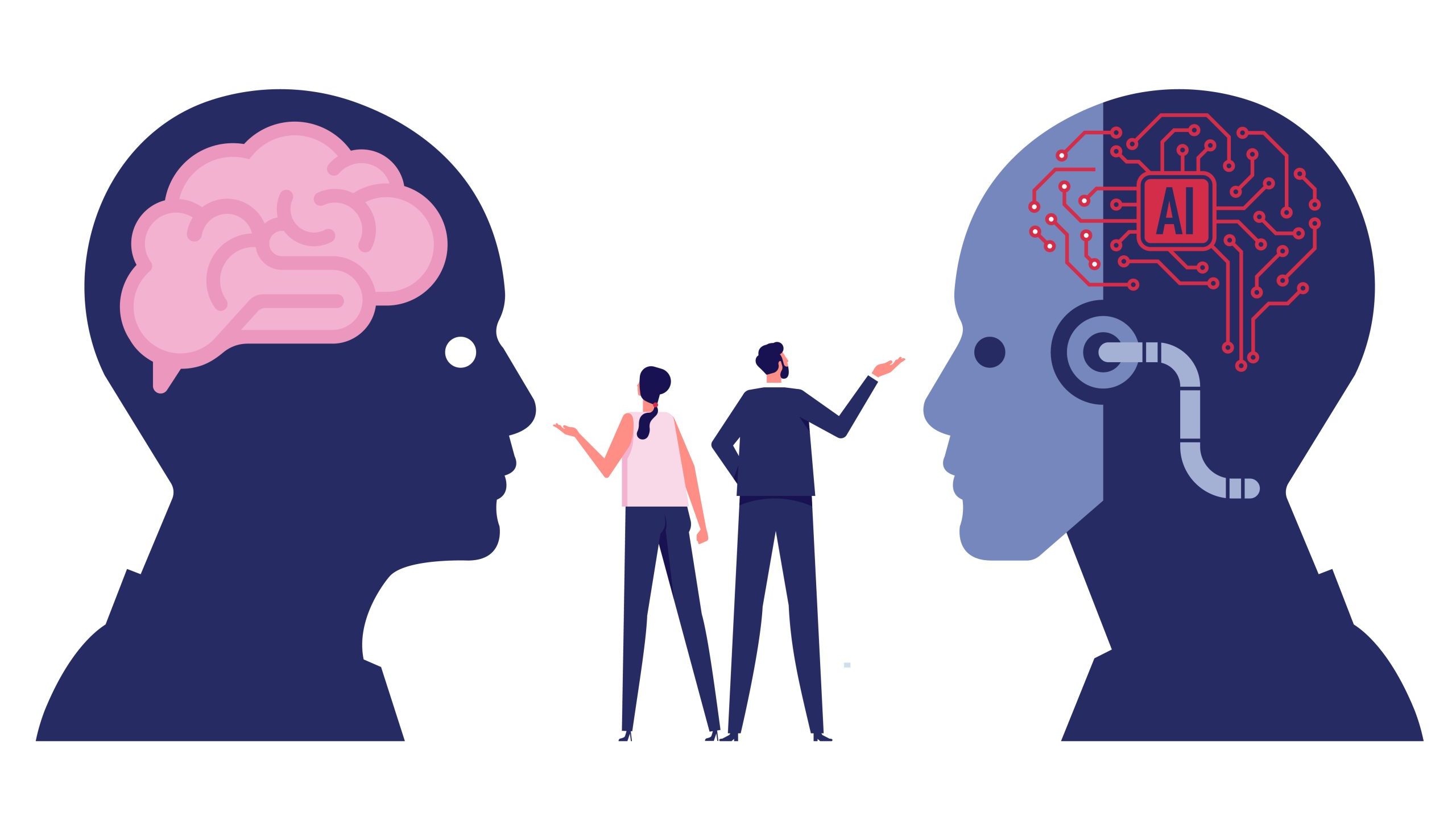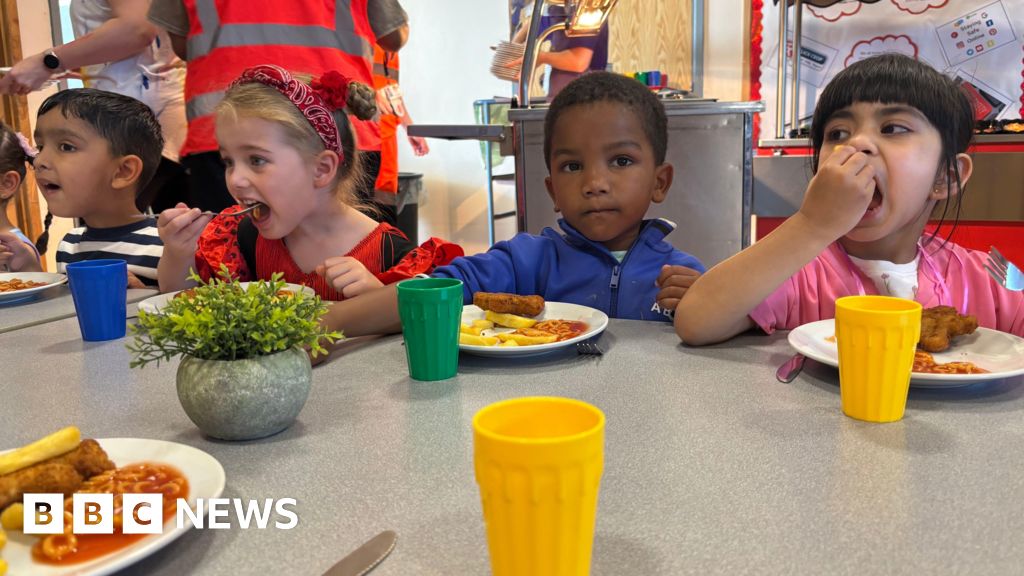
A new paper from two University of Maine researchers explores the challenges and opportunities for scholars and practitioners when it comes to using AI to study and develop interventions for relationship and family therapy.
“Challenges and opportunities in using interpretable AI to develop relationship interventions” was published in Family Relations, the academic research journal of the National Council on Family Relations, as part of a special issue on AI in family life.
The use of AI in therapy is still in its infancy but has potential to provide families and couples with personalized support to strengthen bonds and overcome relationship problems, according to Daniel Puhlman, assistant professor of family studies in the UMaine College of Education and Human Development and the article’s lead author.
“Couples going through a separation, for example, where you have high emotions and high conflict, just being in the same space can be difficult, if not dangerous,” Puhlman said. “In a situation like that, AI’s ability to be interpretive and suggest therapeutic interventions or treatment measures could be a very powerful tool.”
Puhlman notes that as more people become familiar with them, AI technologies are already integrating into family life and other types of relationships. However, he and his co-author, assistant professor of computer science Chaofan Chen, note that AI itself is a broad term that encapsulates several different technological systems and processes where machines are programmed to mimic human cognition and perform tasks that require human intelligence.
“The specific sub-area of AI that we found most relevant to addressing family science problems is machine learning, which uses algorithms that allow computers to learn from datasets and make predictions or decisions based on that data,” Puhlman said.
Strategies that incorporate human expertise and feedback — known as the human-in-the-loop technique — are important for improving the accuracy of machine learning models, he adds.
“It’s especially important in fields like family and relationship science, health care and law, where human judgment is critical,” said Puhlman.
According to the researchers, most of the AI-based technologies currently used in therapeutic contexts offer support to individuals rather than to couples or families. The tools that are most widely used are largely educational and not used for actual treatment or interventions — therapists can use AI to summarize session notes, for example. Part of the challenge is that while AI is good at interpreting and reporting data when it has a strict structure in place, human behavior is complicated.
“Just think about why human beings do the things we do, say the things we say, think the things we think, or how we interact with the world around us. Then put two or more of these complex, messy, dynamic creatures together, and you can see the challenges for a system that relies on a strict structure,” Puhlman said.
Another challenge is that there are several different ways to practice therapy, and what works in one situation may not apply to another.
“You can train AI to use a therapeutic mode, but training it to know when it is appropriate to use and why to use it versus a different method gets quite complex,” Puhlman said.
The authors explore these challenges, as well as ethical concerns about AI and privacy; AI providing inaccurate information; and AI and bias.
They also highlight opportunities in four specific areas to further develop AI in the context of relationship therapy: diagnosing relationship problems, providing autonomous treatment to clients, predicting successful treatment outcomes and using biomarkers to monitor client reactions.
“Already we’ve seen some researchers using machine learning to study parenting relationships or diagnose relationship problems. Chatbots could provide treatment to underserved populations or help therapists maximize positive outcomes for their clients. All of the challenges we identified still need to be addressed, but these technologies have the potential to make a real difference,” Puhlman said.
Contact: Casey Kelly, casey.kelly@maine.edu









 English (US) ·
English (US) ·